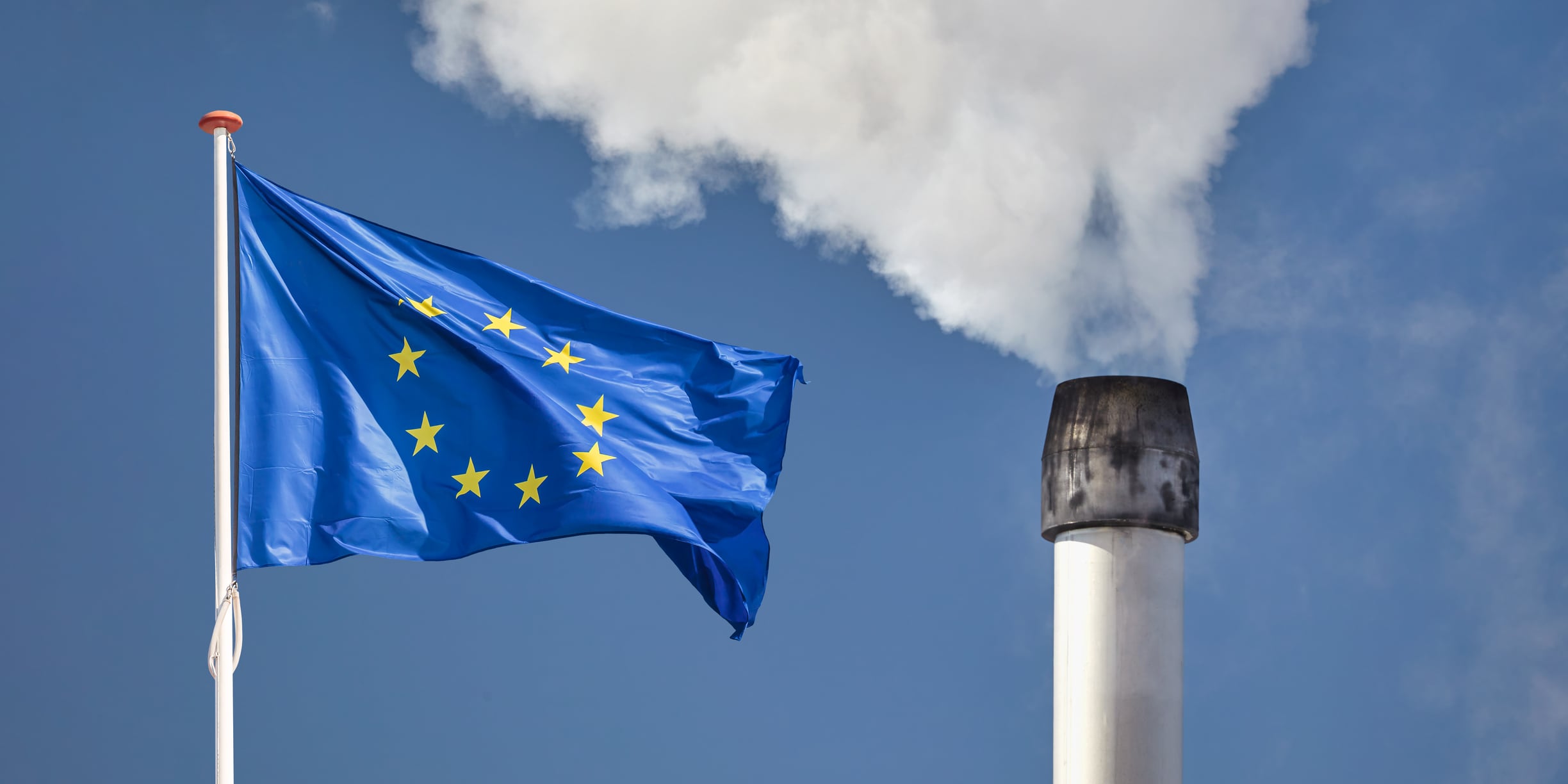The European Commission has proposed amendments to the EU Climate Law, setting a 2040 climate target of a 90% reduction in net greenhouse gas emissions compared to 1990 levels.
The 2040 target has previously faced opposition from governments and businesses, and the Commission stated that the move will “give certainty to investors, foster innovation, strengthen the industrial leadership of our businesses, and enhance Europe’s energy security.”
It also said that the European Union is “well on track to meet our 2030 target of 55%” – referring to the EU’s existing goal of reducing net GHG emissions by at least 55% by 2030.
The Commission believes the proposal “sets out a more pragmatic and flexible pathway to reach the target, with a view towards a decarbonised European economy by 2050,” and that it “provides investors and businesses with the predictability and stability they need in the EU’s clean energy transition.”
The proposal will now be submitted to the European Parliament and the Council for discussion and legislative adoption.
Criticism from environmental groups and scientists
Critics, including the Commission’s own scientific advisers, have voiced concerns that the decision risks undermining the EU’s domestic decarbonisation efforts.
At a press conference, EU climate commissioner Wopke Hoekstra defended the proposal, describing the amendments as an “improvement to the system.”
The new proposal includes:
- A single net target of a 90% reduction, without distinguishing between actual emissions cuts and carbon removals – which are fundamentally different.
- The use of international carbon credits from 2036, allowing EU countries to count climate projects abroad towards their 2040 target. Critics argue this could be difficult to verify and may carry a risk of fraud.
- Flexibility enabling countries to shift efforts between sectors, potentially delaying progress in critical areas such as transport and agriculture.
The European Environmental Bureau (EEB), a network of European NGOs, noted that despite calls from the Commission’s own scientific advisers for a domestic-only climate target, the proposal allows EU countries to meet part of the 2040 goal through overseas carbon offsets – undermining climate credibility.
The EEB stated that this approach not only weakens the European Climate Law but also delays urgent action and vital investment within Europe.
Policy officer for agriculture and climate at the EEB, Mathieu Mal, said: “The climate crisis doesn’t wait, and it certainly doesn’t care for accounting tricks.”
He added: “These so-called ‘flexibilities’ are just loopholes to delay real action. We know that the sooner we cut emissions, the greater the benefits and the lesser the damage.”
“When faced with war or a virus, policymakers act fast and funding becomes available. Why not for climate?” he asked. “We face a climate, nature, and pollution emergency, and we need our leaders to act accordingly. Time is of the essence.”
Worries over carbon offsets and targets
Under the proposal, the 90% net emissions reduction target would include carbon removed from the atmosphere and allow up to 3% of the target to be met by paying countries outside the EU to reduce their emissions instead of decarbonising within the EU.
Thomas Gelin, Greenpeace EU climate campaigner, said the EU, “as a historical polluter,” has “the responsibility to cut its own pollution,” and warned that delaying action “ironically makes the necessary changes harder for European households and businesses.”
Gelin highlighted that the Commission’s proposal allows “the possibility to count ‘high-quality’ international carbon credits for up to three percentage points, starting from 2036.”
“This means EU governments could pay lower-income countries outside the EU to cut their emissions and count this as progress towards the EU target,” he said.
He added that the EU’s 2040 climate targets “should drive a shift away from fossil fuels – starting with an EU ban on new fossil fuel projects – towards renewables and energy efficiency, to reduce energy bills, make homes easier to heat and cool, and clean the air we breathe.“
“Instead, the European Commission relies on questionable accounting and offshore carbon laundering to appear to meet the lower bound of its own scientific advice,” he concluded.





